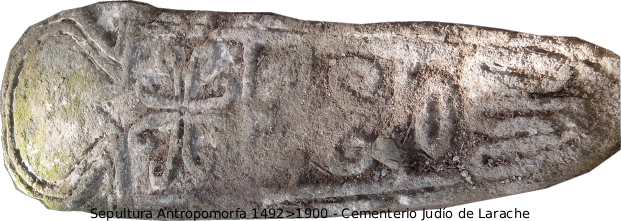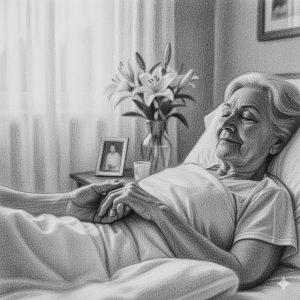
Call the Local Chevra Kadisha (if you need it). Its intervention occurs before and after death.
It is essential to record the exact day and time of death, as this data defines the Hebrew date (or Jewish date).
Protocol
- The dying person is considered alive in every respect (even if his death is inevitable). Therefore, Shabbat may be desecrated for him (Pikuach Nefesh), even if this only grants him one additional hour of life. (Shulchan Aruch, Orach Chaim, Chapter 329, §25)
It is forbidden to touch him if this action could be fatal to him. Consequently, it is forbidden to hasten his death.
It is forbidden to cry excessively or to shout in the presence of the dying person. (Shulchan Aruch and the commentators)
Those who are by the dying person’s bedside should awaken his heart to repentance.
If the dying person does not know how to correctly recite the Vidui (confession), he should simply say the following phrase, which serves as a formula of atonement…
“Mitati tehe capara al col avonotay.”
Meaning:
(May my death be an atonement for all my transgressions.)
The Viduy (Confession)
אֱלֹהֵינוּ וֵאלֹהֵי אֲבוֹתֵינוּ. תָּבוֹא לְפָנֶיךָ תְּפִלָּתֵנוּ וְאַל תִּתְעַלַּם מִתְּחִנָּתֵנוּ. שֶׁאֵין אָנוּ עַזֵּי פָנִים וּקְשֵׁי עֹרֶף לוֹמַר לְפָנֶיךָ אֲדֹנָי אֱלֹהֵינוּ וֵאלֹהֵי אֲבוֹתֵינוּ צַדִּיקִים אֲנַחְנוּ וְלֹא חָטָאנוּ. אֲבָל אֲנַחְנוּ וַאֲבוֹתֵינוּ חָטָאנוּ:
אָשַׁמְנוּ. בָּגַדְנוּ. גָּזַלְנוּ. דִּבַּרְנוּ דֹפִי. הֶעֱוִינוּ. וְהִרְשַׁעְנוּ. זַדְנוּ. חָמַסְנוּ. טָפַלְנוּ שֶׁקֶר. יָעַצְנוּ רָע. כִּזַּבְנוּ. לַצְנוּ. מָרַדְנוּ. נִאַצְנוּ. סָרַרְנוּ. עָוִינוּ. פָּשַׁעְנוּ. צָרַרְנוּ. קִשִּׁינוּ עֹרֶף. רָשַׁעְנוּ. שִׁחַתְנוּ. תִּעַבְנוּ. תָּעִינוּ. תִּעְתָּעְנוּ:
סַרְנוּ מִמִּצְוֹתֶיךָ וּמִמִּשְׁפָּטֶיךָ הַטּוֹבִים וְלֹא שָׁוָה לָנוּ. וְאַתָּה צַדִּיק עַל כָּל הַבָּא עָלֵינוּ. כִּי אֱמֶת עָשִׂיתָ. וַאֲנַחְנוּ הִרְשָׁעְנוּ:
Ado.naï Elohénou vElohei avotènou, tavo lèfaneikha téfilaténou, véal tit’alam mitékhinaténou, chéeïn anou ‘azey panim oukchey ‘orèf lomar lèfaneikha, Ado.naï Elohénou vElohei avotènou, tsaddikim anakhnou vélo khatannou, aval khatannou, anakhnou vaavotènou.
Achamnou, Bagadnou, Gazalnou, Dibarnou dofi vélachon hara’, Hé’évinou, Véhircha’nou, Zadnou, Khamasnou, Tafalnou Chèkèr, Ia’atsnou ‘ètsot ra’ot, Kizavnou, Latsnou, Lotsatsnou, Maradnou, Marinou, Niatsnou, Niafnou, Nichba’nou lachave velachèkèr, Sararnou, ‘Avinou, Pacha’nou, Tsararnou, Kichinou ‘Orèf, Racha’nou, Chakhatnou, Ti’avnou, Ta’inou, véTi’attanou.
VéSarnou miMitsvotèkha ou miMichapatèkha haTovim, vélo chava lanou. VéAta Tsadik ‘al kol haba ‘alènou, ki Emèt ‘assita vaAnakhnou hircha’nou.
Hachem, our God and God of our fathers, allow our prayer to ascend to You. Do not turn away from our supplication, because we are not brazen or obstinate to the point of saying: Hachem, our God and God of our fathers, we are righteous and have not sinned; in reality, we have sinned, we and our fathers.
We have been guilty, we have betrayed, we have stolen, we have spoken ill and slandered, we have been unjust and have mixed falsehood with truth, we have given bad counsel, we have deceived, we have mocked, we have scorned, we have rebelled, we have disobeyed, we have insulted, we have committed adultery, we have sworn in vain and unjustly, we have been insubordinate, we have sinned, we have revolted, we have been hostile toward You, we have been stiff-necked, we have done evil, we have corrupted, we have abhorred, we have strayed, we have erred.
We have strayed from Your commandments and from Your good ordinances, and this has not been profitable for us.
You, surely, have been righteous in all that has come upon us, for You have acted with truth/faithfulness, while we have been guilty.
A Rabbi or a pious person will attend the dying person to recite the appropriate prayers for the occasion in their presence.
These include the Psalms (Tehillim) 91, 121, and 130, as well as the “Ana BeKo’ach”.
Psalm 91 (Tehillim)
Divine protection and trust in God against fear and danger.

Psalm 130 (Tehillim)
The certainty that help comes from God, the Guardian of Israel, who protects the individual at all times.
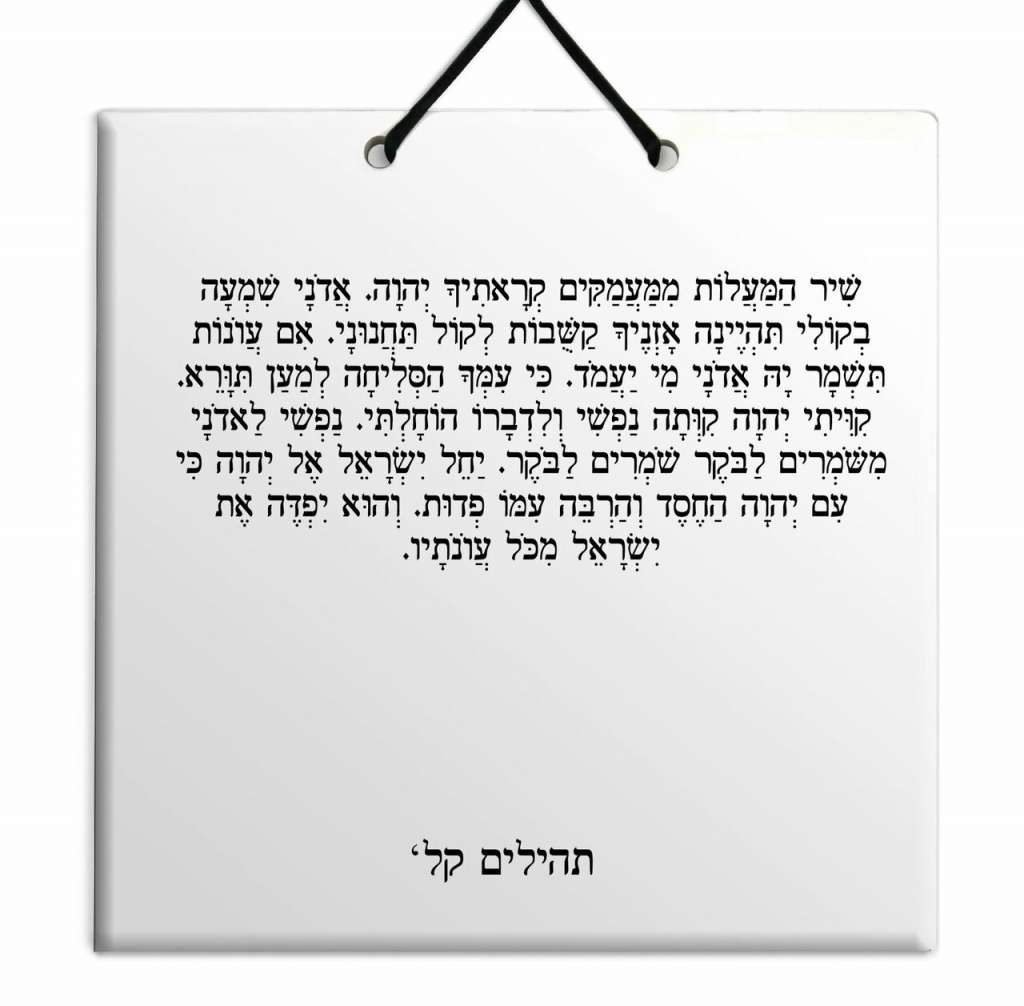
Psalm 121 (Tehillim)
The prayer (Mima’amakim – Out of the Depths), which expresses repentance and the wait for divine salvation from the depths.
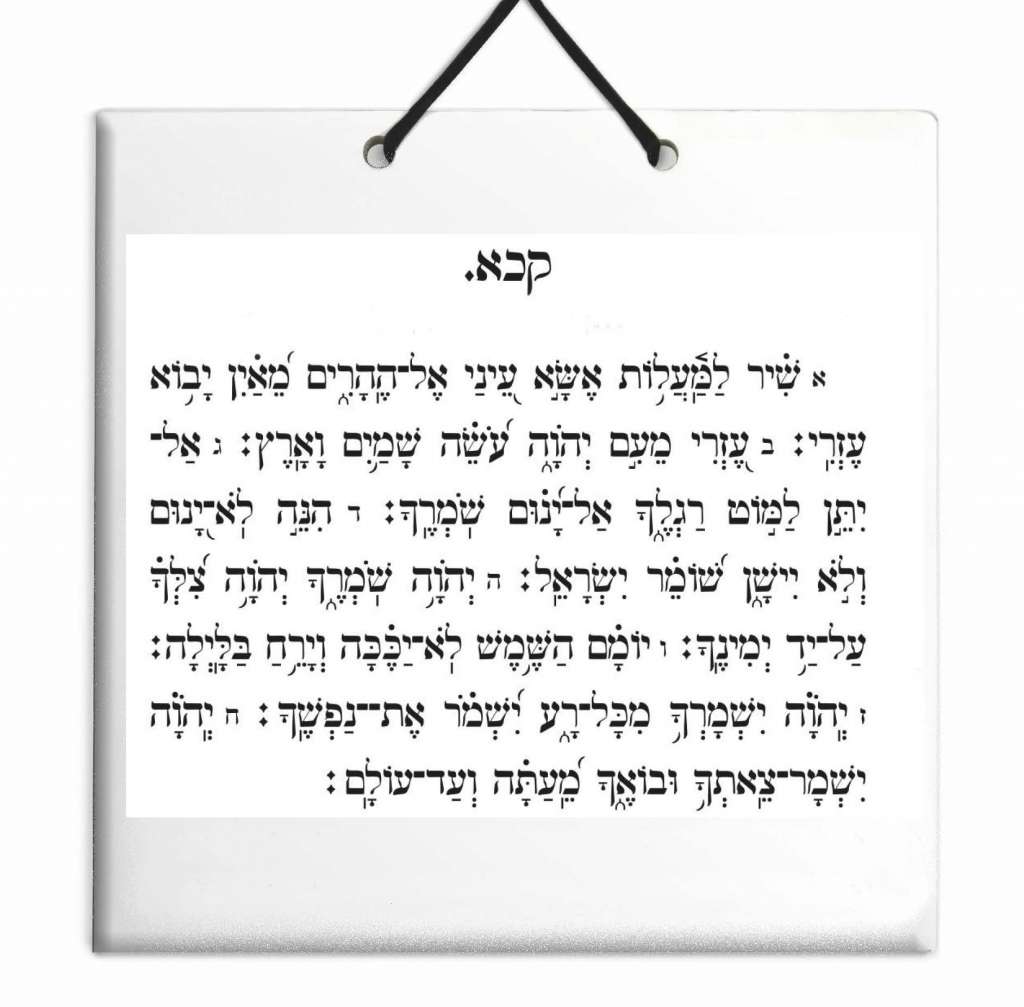
Ana BeKo’ach
A Kabbalistic prayer.
A powerful prayer attributed to Rabbi Nechunya ben HaKanah, used to ask for divine mercy, strength, and forgiveness through the unification of the holy Names.
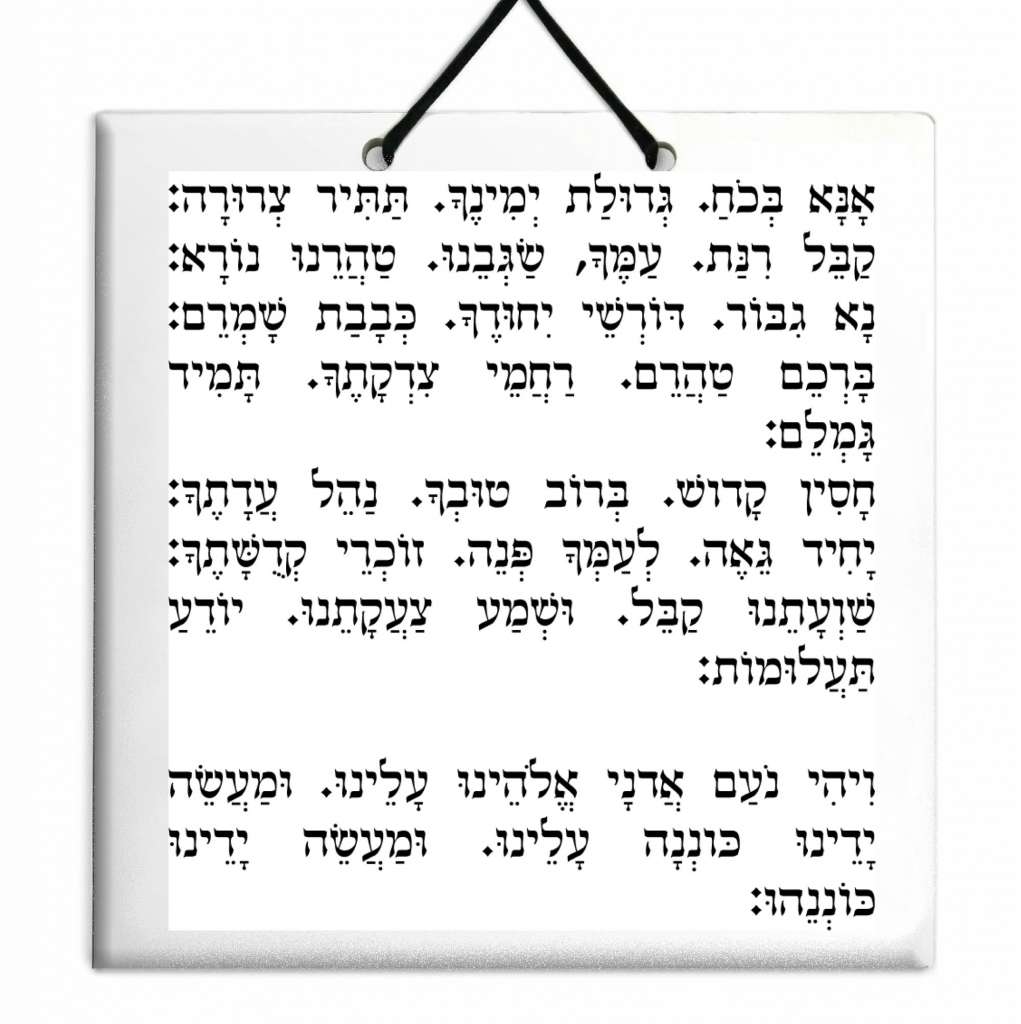
Final Practices and Conduct
During the Final Moments
It is forbidden to abandon the dying person. (Source: Shulchan Arukh – Yoreh De’ah, Chapter 339, Halacha 4.)
The eyes should not be closed until the soul has departed. (Sh. A. Yoreh De’ah, 339, 1.)
All frivolous speech is inappropriate and all useless conversation must be avoided.
Your local Chevra Kadisha is your primary contact.
If you are in an emergency situation and are unable to reach your local or regional Chevra Kadisha, please contact our direct helpline. We are here to help you.![]() Contact us via WhatsApp
Contact us via WhatsApp
